As of 2023, there are 35 decentralized EU agencies agencies and 1 decentralized EU agency with a special status (European Institute of Innovation and Technology). There are also 6 executive EU agencies, which are institutions established for a specific task and which have a legislated date by which they will be dissolved.
The EU has also established a number of Common Foreign and Security Policy agencies, Euratom agencies and Joint Undertakings (JUs). Majority of these institutions were created between 2000 and 2020 to address a variety of policy and regulatory issues that became too broad to be managed by the European Commission.
The annual budget of all agencies and JUs together is around 4 billion euros or 2.8% of budget of the European Union. The agencies and JUs employ around 9000 staff members (8 957 staff or 13.4 % in 2018). Source: European Court of Auditors. Special Report “Future of EU agencies – Potential for more flexibility and cooperation. p.4.
Selection process
Getting a job at an EU agency is, relatively, much easier than at the Commission. This is because in most cases the agencies do not look for new staff members through EPSO competitions (CAST, etc.), but organize their own selections.
The agencies are fully in charge of the process and you don’t have to compete with several thousands or tens of thousands of other people.
Typical competitions for a post would will have only a few dozen applicants, in rare cases, up to several hundred. And even if you don’t get a position right away, agencies have reserve lists just as the European Commission.
You might also want to take a look:
* How much do EU officials earn?
* Salary and allowances for AD5 temporary agents
* Salary and allowances for FG IV contract agents
How to find EU agency vacancy announcements?
There are multiple locations where EU agencies post their vacancies:
- EU Agencies Network website
- EPSO website (the European Personnel Selection Office)
- Their own websites
EU Agencies Network Website
The EU Agencies Network website is probably one of the best places where to look for EU agency jobs. It’s a good balance between the overwhelming amount of information on the EPSO website and having to look at 44+ separate agencies and other bodies websites. It gives you an opportunity to quickly see what profiles of jobs are on offer and narrow down the job roles, the agencies, or geographic locations you want to focus on.
European Personnel Selection Office website
EPSO is the authoritative source of information on vacancies in all EU institutions. Besides the vacancies database it also contains a vast amount of other information, for example, on how to pass EPSO tests.
Agencies’ Own Websites
The most trustworthy source of information of vacancies in EU agencies are their own websites. While nominally the EPSO and the EU Agencies Network websites should contain information about all agency websites, that might not always be the case. Once you narrow down the list of agencies to a few you really want to concentrate on to get a job there, it is best to monitor the websites individually.
As the application period usually is at least four weeks for a vacancy, you should get into a habit of visiting your shortlist of agencies every two to three weeks. I follow this procedure when looking for a new EU job:
- Save my shortlist of agency websites in one bookmark folder in my browser.
- Set a recurring reminder in a calendar every two weeks.
- Open all websites at once and review the most recent information.
If you do this every two weeks, you have plenty of time to prepare a good application.
Another good strategy is to also sign up for the newsletters of the agencies and get their new vacancy announcements in your inbox as soon as they are published.
EU Agencies’ and Joint Undertakings recruitment websites and salary information
The below table contains direct links to vacancy announcements of most EU agencies and joint undertakings and their salary information.
Do you have question or suggestion for this article? Please share in a comment below and let’s make this resource better for you and other readers!


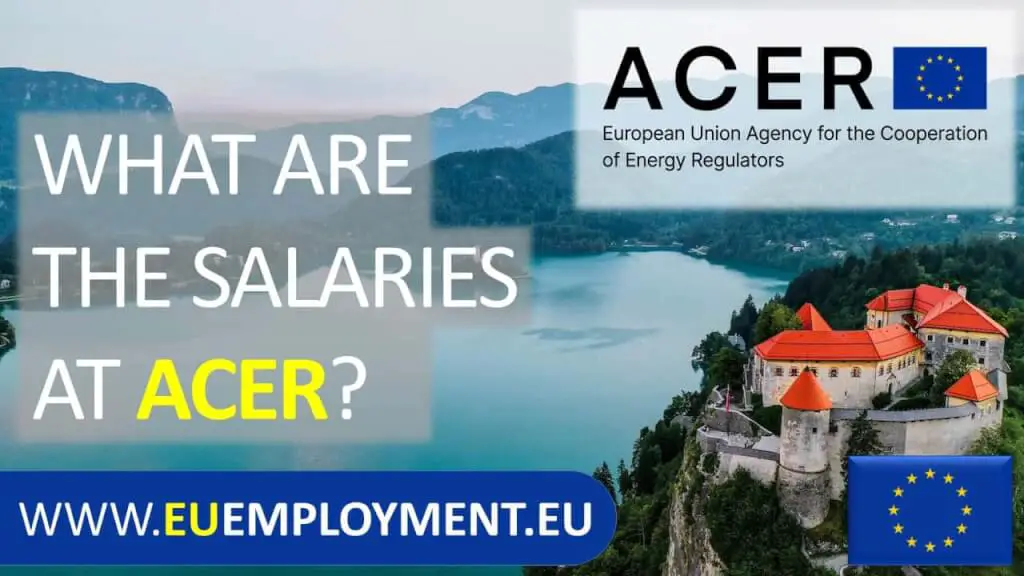


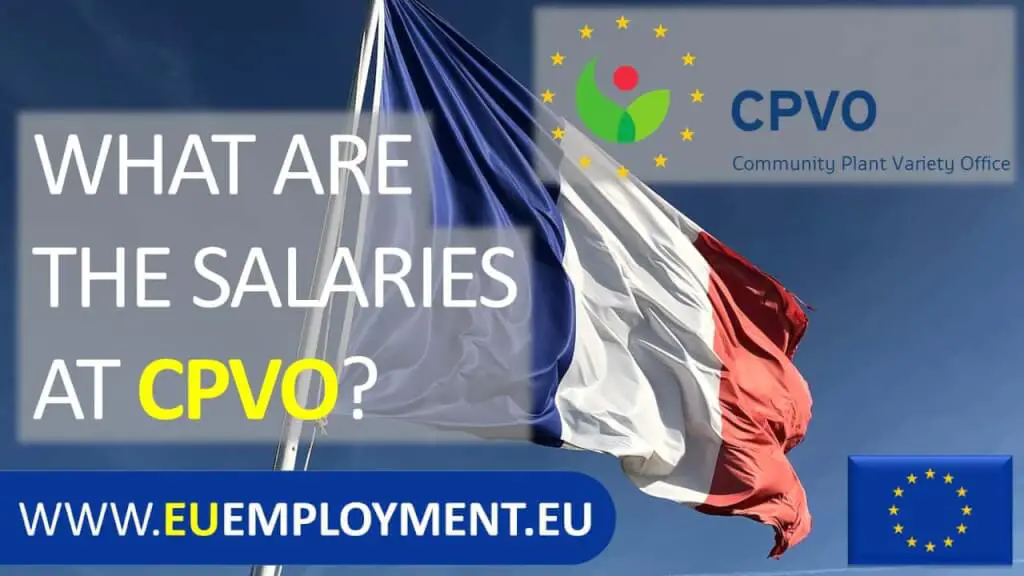
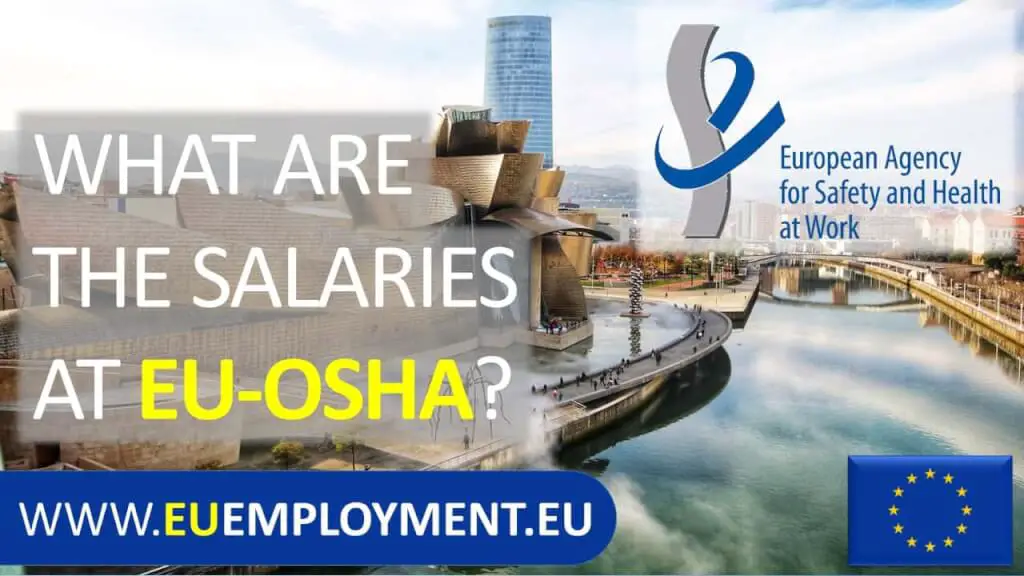





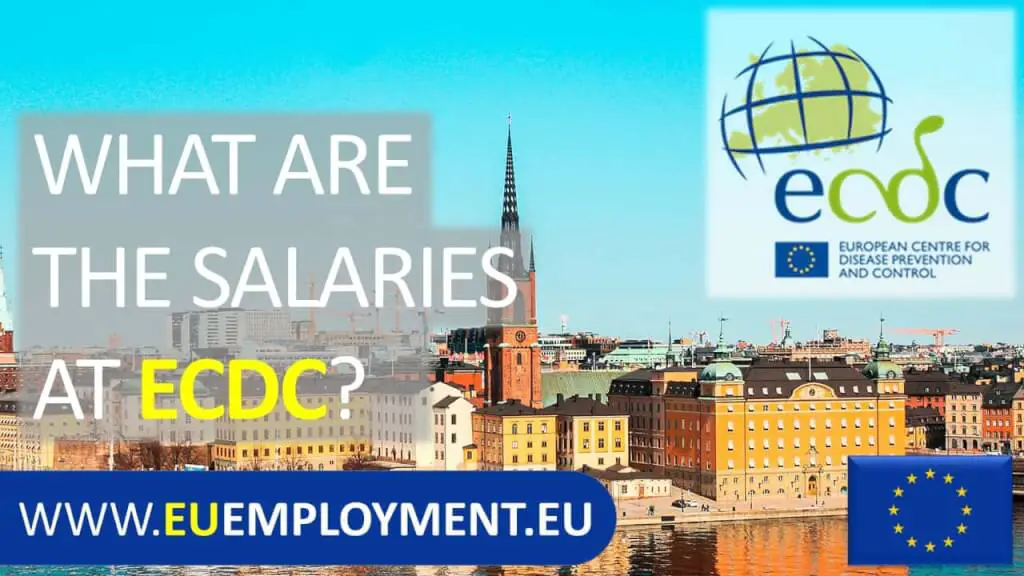


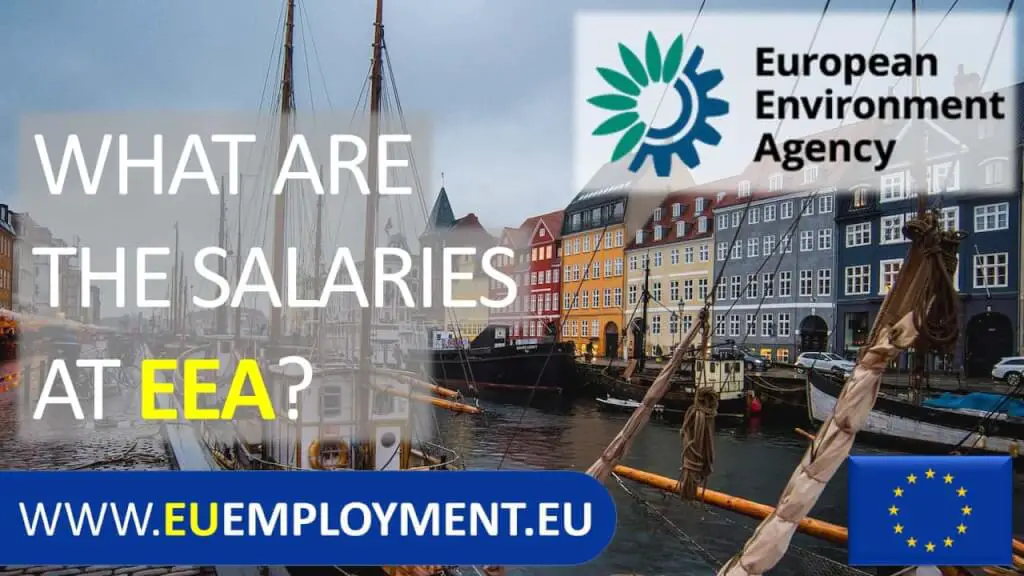


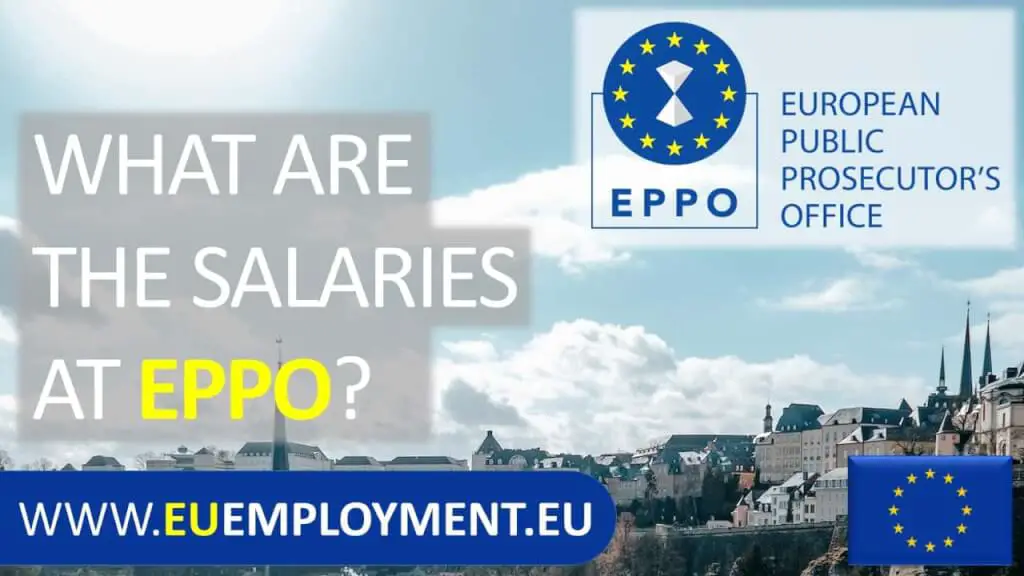
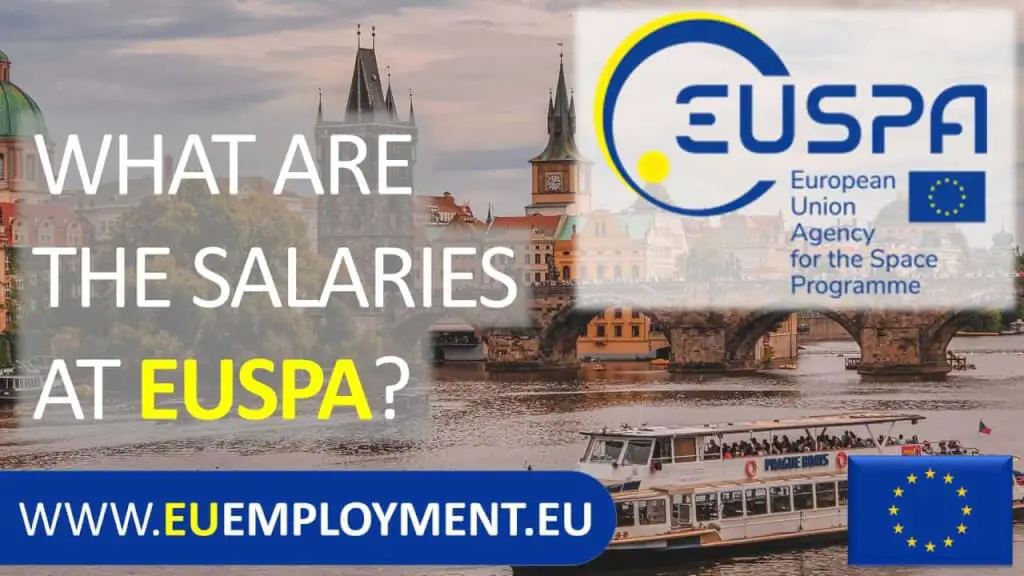
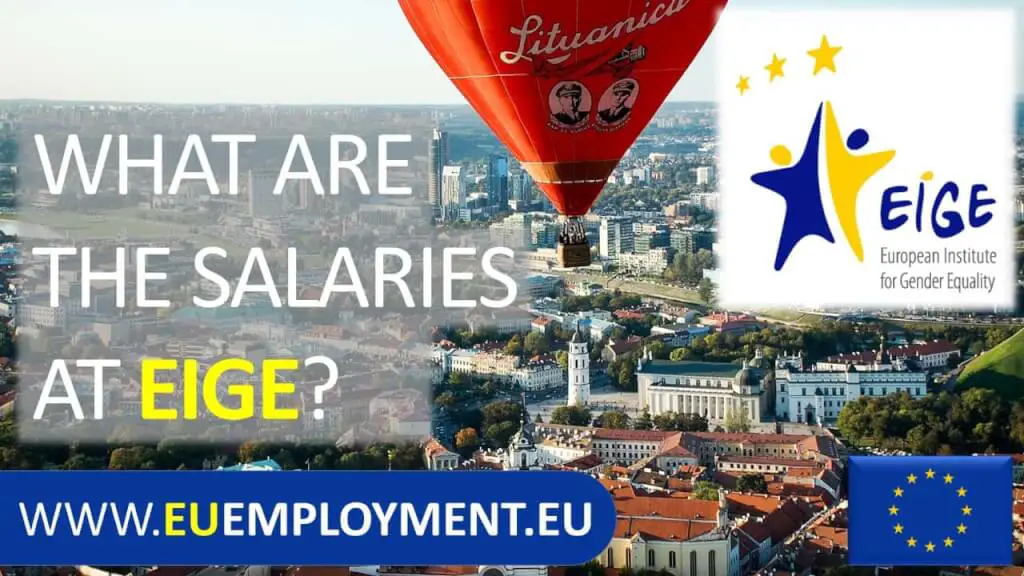




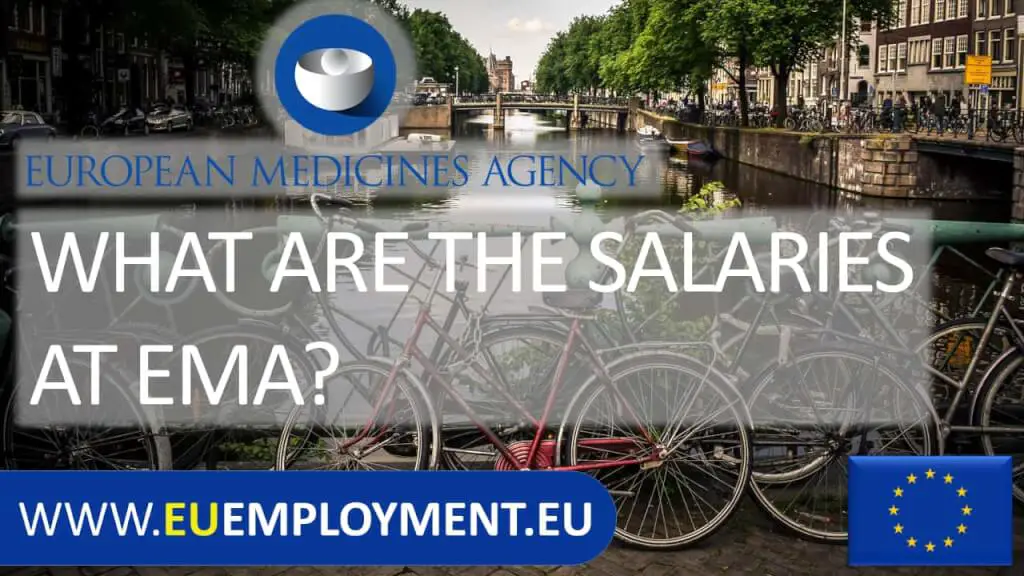



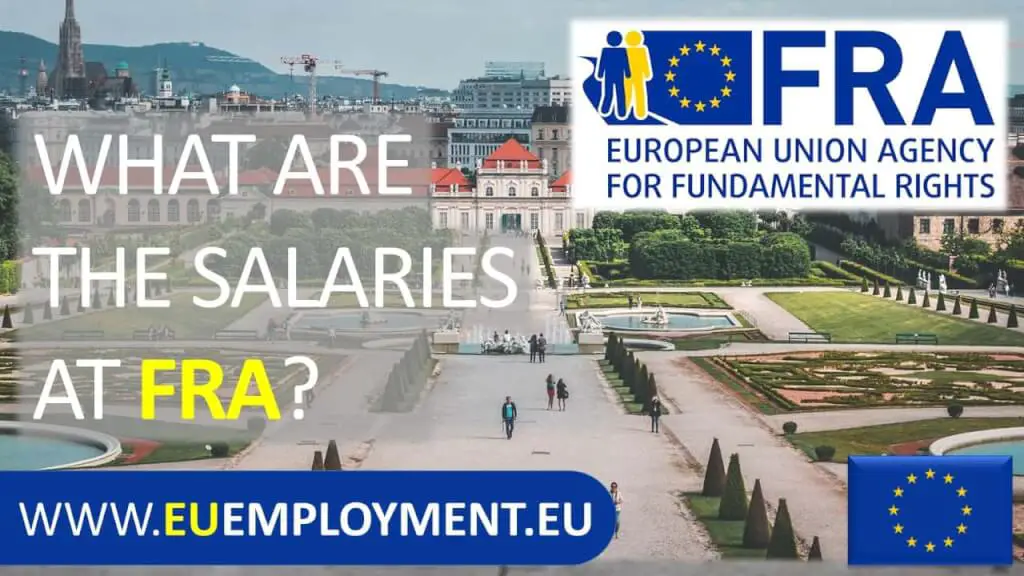

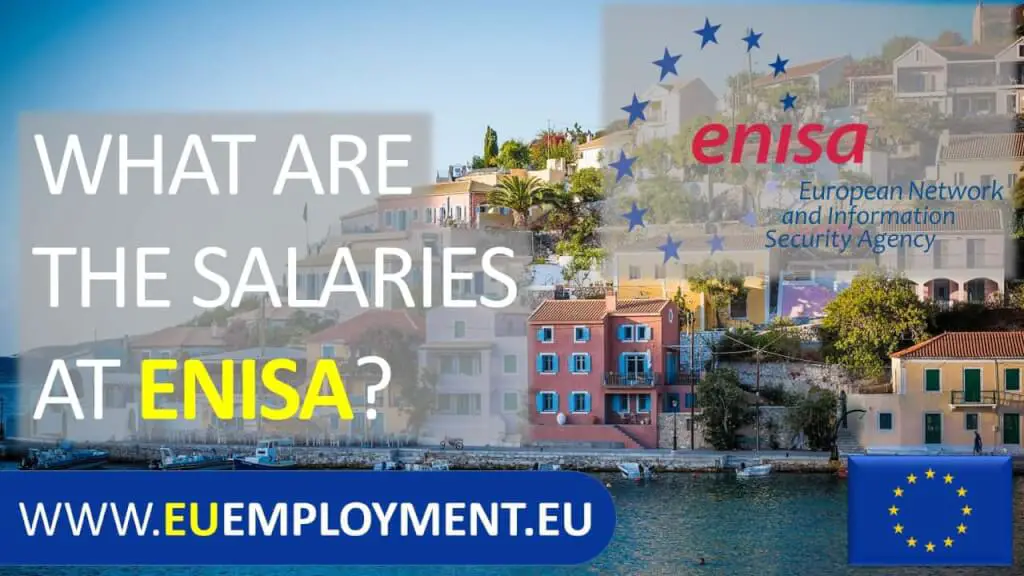

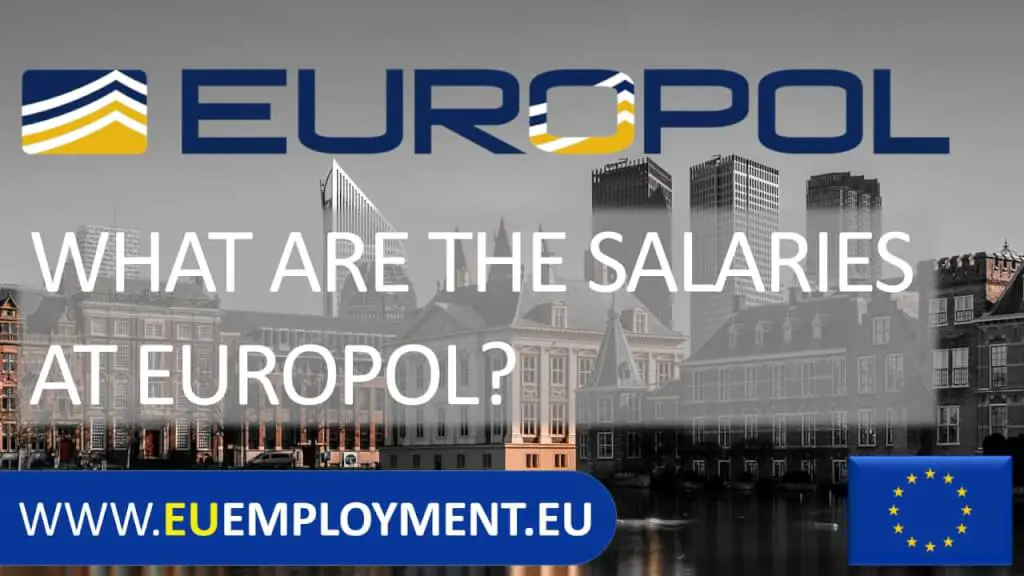
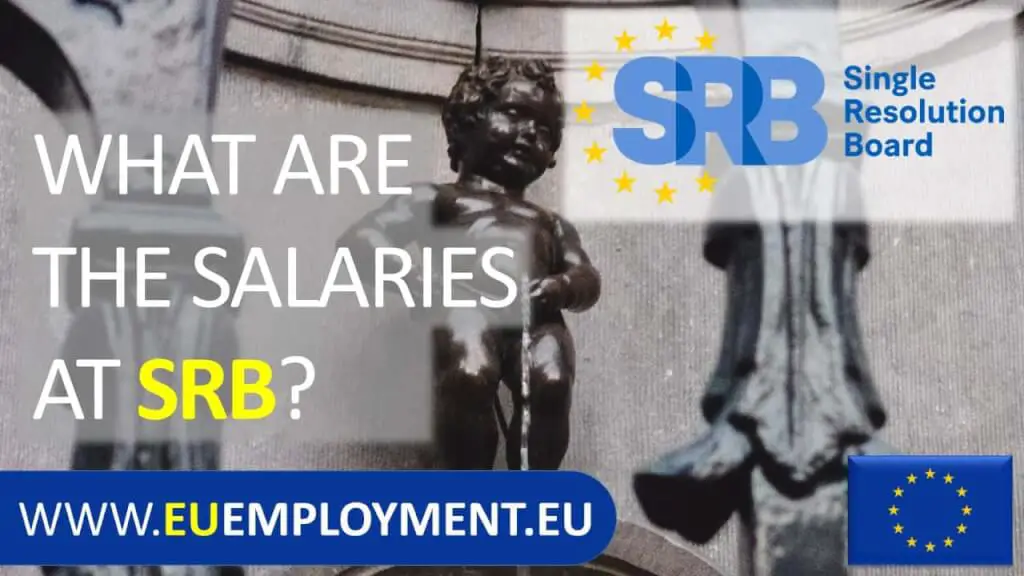





10 responses to “Jobs in EU agencies: how to find them?”
Hi, i’m new to the site and about eu employment.
I’m a italian public servant so I’m searching for a second national expert or a Epso.
I have a big question: what is the level of the second languages? What are the skill I can pay attention? Speaking? Business english?
Cheers!
Nico
Hi! Nominally, the 2nd language should be at least at B2 level. But in practice, this is rarely checked. As long as you are able to communicate in English or French in addition to your native language during the interview, you’ll be fine.
Hi,
Do you have any insights into the language tests that are used for English native speakers applying to EU agencies and who need to provide proof of a second language? Is there any flexibility around the level, eg B1 or must it be B2?
Thanks
Hi! In my experience, testing of the 2nd EU language in most EU agencies is much more relaxed than the necessary proof for the 3rd EU language.
Basically, you list that you know the 2nd language at B2 level, and then most often you might be asked to reply to few questions in that language, if a speaker of the language is in the selection committee. Very seldomly agencies might test it more thoroughly.
My suggestion would be just to apply and see how far you get. Agencies might be happy to get an English native speaker and “cut some corners”.
If possible, practice simple conversations in your 2nd language before the interview. It also might not hurt if you describe in your motivation letter or the application form when and how you used the 2nd EU language in professional circumstances.
I also have this article that might give you some further clues, however, that’s about the 3rd EU language: https://euemployment.eu/working-knowledge-of-a-third-eu-language/
Exactly the above.
Had my interview in February and I’m a native English speaker and it was just 2 questions from a French National to double check that I was at the level I had expressed in my application. It was very simple and relaxed, the questions I had centred around when and why I had taken the B2 test. All over in a matter of minutes.
Hi Ben,
Is there a chance to be hired by an employment agency, in order to have a faster access to an EU institution or DG? Is it possible only via epso or applying directly on EU institutions websites?
Thank you
Magda
Only directly.
It is easier to get hired by agencies/executive agencies as these vacancy announcements usually do not go through EPSO.
The employment agencies and similar businesses can only guarantee you poorly paid interim positions.
There are also contracts through businesses that have won a service contract for an EU entity, but these usually are highly skilled labour positions, e.g., IT or consultants. While well paid, these are not EU positions per se, you’ll be an employee of the said business, “on loan” to an institution.
Hi, I have started working for EU institution 1 year ago and I am trying to inform myself on how to change EU institution or agency. Aparently it should be very easy and you can go from Contract Agent to Temporary Agent. But what I don`t understand is if there needs to be some job posting somewhere, is there some kind of internal web site for EU employees or something. Or do I have to go through the process from begining.
Thank you,
Robert, thanks for the question.
In my experience it is not easy at all to go from a contract agent to a temporary agent. This might be easier in EU agencies, but very hard in the Commission as you have to pass the EPSO exams.
The most common way how to “make a career” in EU institutions is to constantly apply for any new vacancy that appeals to you. This means starting from scratch each time. However, once you are “in”, it counts as a strong bonus for selecting you, particularly, if you apply for a vacancy at the same institution. EU institutions seem to really value known quantities, and what better test to judge this than one’s own colleagues.
That being said, it makes sense to keep an eye on the European Commission’s intranet, particularly the DG you are interested in. From time to time there are “internal” vacancies where only existing employees can apply. This is justified by urgent services needs, etc., and I don’t know nearly enough about this to comment with authority, but have taken part in two such competitions, though not successfully.
Hi Ben, thanks for all the info, great site!
I would like to know a bit about the internal job mobility scheme. How does it work? How long do you have to wait to change jobs within an Institution or move to a different one? I heard 2 or 3 years…
Cheers!
Cristian